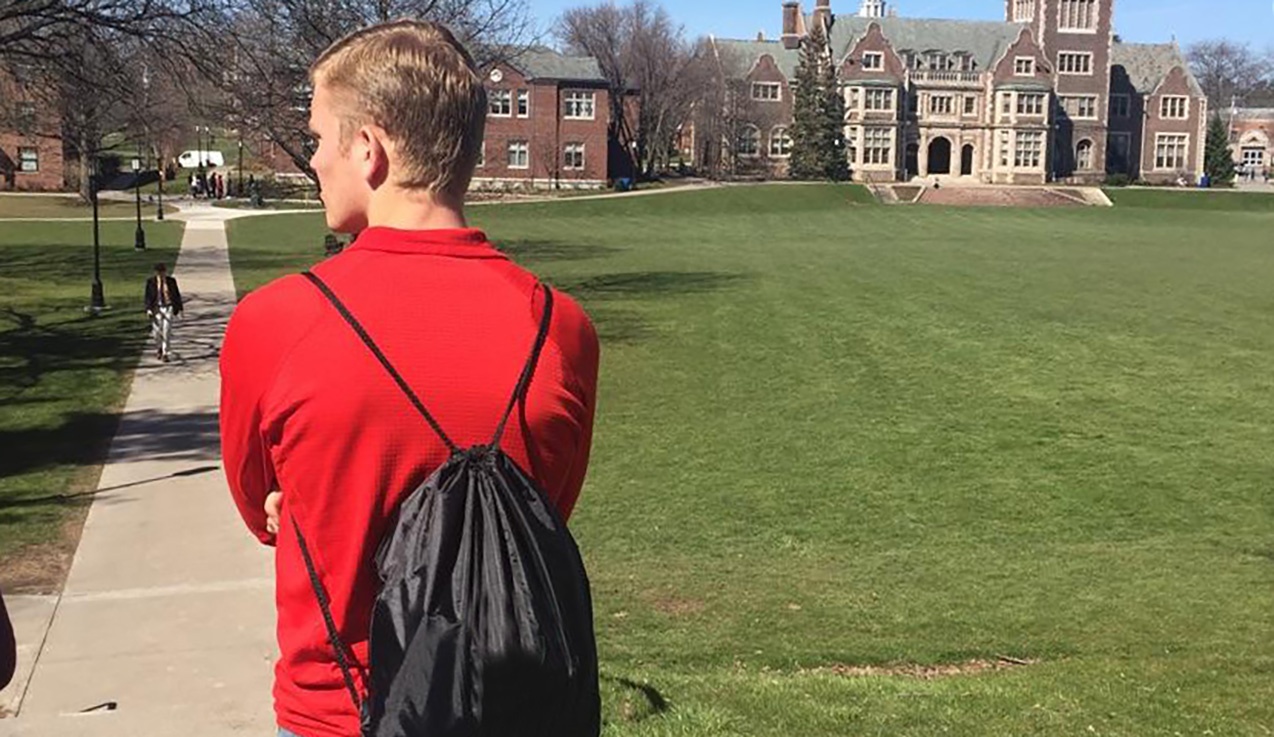Do you ever wonder whether high school class rank helps or hurts your child’s chances of college admission? Well, if your child holds one of the top spots in their class, class rank can work in their favor. But if your child doesn’t hold one of the top spots, but still has a very high GPA, class rank may put them at a disadvantage when it comes to elite colleges. If your child’s high school still ranks its students, here’s what you need to know.
- Over the past several decades, most private high schools and many public high schools around the country have eliminated class rank.
- High schools with a large percentage of students going onto four-year colleges realize that class rank sometimes separates high achieving students by very small margins— sometimes less than a tenth or a one-hundredth of a point.
- Some believe that high schools have to use class rank for college admissions requirements, but they don’t. There are only a handful of colleges in the country that require class rank.
- For colleges that require a class rank or a decile ranking, schools can use an internal ranking system which is only used in these circumstances.
- Remember that college admissions officers quickly review a student’s academic numbers (GPA, number of advanced level courses, rank if provided, and test scores) before they fully read the application. Simply put, rank is a cut and dry way for colleges to instantaneously determine competitiveness within their applicant pool.
When I worked in college admissions at an Ivy League university, I immediately honed in on a student’s class rank if it was provided. It made my job very easy. Just a quick glance at it would dictate both how quickly the application was read and the ultimate admissions decision. Elite colleges want to claim that the vast majority of their freshman class ranks at the very top. If the student holds one of those coveted spots, they go farther in the process. Those students whose rank falls just outside of the very top of the class, even with a near-perfect transcript, are untouchable and cast aside in the world of highly selective college admissions. It is just too hard to make a case for a student whose class rank wouldn’t put them in the running for valedictorian or salutatorian at the end of the school year.
Class rank is a damaging piece of evidence that colleges use as an excuse for why they choose not to admit a student. For example, if the senior class is only 50 students, it can knock a student with an A average out of the mix. Let’s say their rank is #10 out of 50. That puts a student in the top 20% of the class which among elite colleges is rarely enough for admission.
"High school #ClassRank unfairly hurts the chances of a high-achieving student" TWEET THIS
Even at a larger high school, rank can hurt the chances of a high-achieving student. I recently met a student who attends a large public high school. Despite taking all the Honors and Advanced Placement courses offered, this student had a weighted rank of #22 out of a class of 200. That was a result of him getting all A's, except one B+ in 10th grade in the hardest class offered at the school – AP Physics. When he asked me what his chances were of getting into an Ivy League university, I had to be honest. Being #22 in the class was going to make it difficult. Even though colleges will see that this young man got straight A’s in every class except one, they will use his rank as a clear-cut reason to take a pass. It won’t matter that his test scores are really strong or that he has made a tremendous impact on his high school. His beautifully written essay will matter a whole lot less than his rank which isn’t even required for admission. Just imagine how differently his application would have been read with an all A record (except one B+ in 10th grade) if his high school didn’t rank its students?
When I speak to parent groups around the country I explain how colleges use class rank. There is always a parent whose child will benefit from class rank, but most of the parents quickly realize that their child’s chances of admission at an elite college are in jeopardy because of it.
School boards, administrators and parent organizations can come together on this issue. By continuing to use class rank, schools are handing over power to the colleges who will use it to keep out many well-deserving students. I encourage schools to hold onto that information unless required and take back some control. Class rank rarely defines the depths of what a student can offer. Our kids are more than a number.











